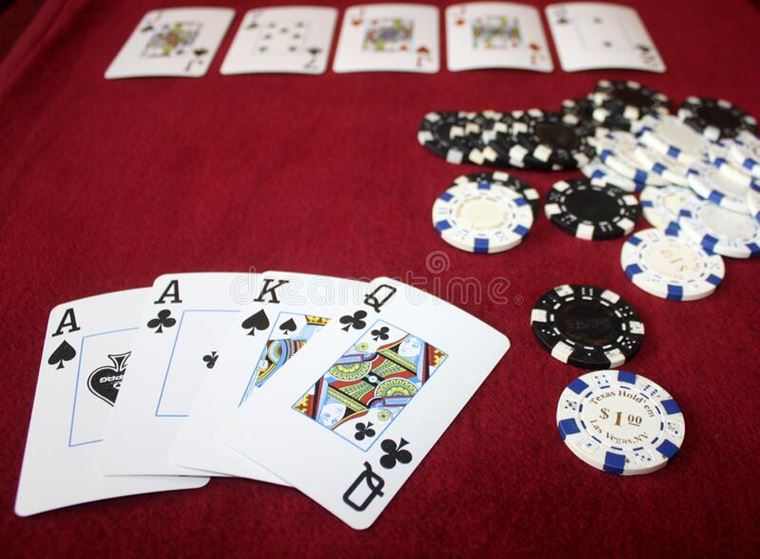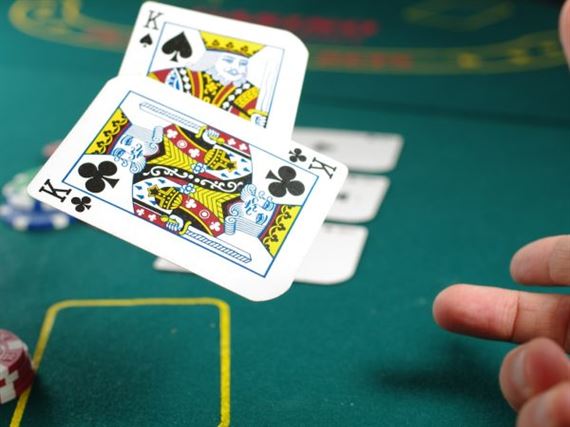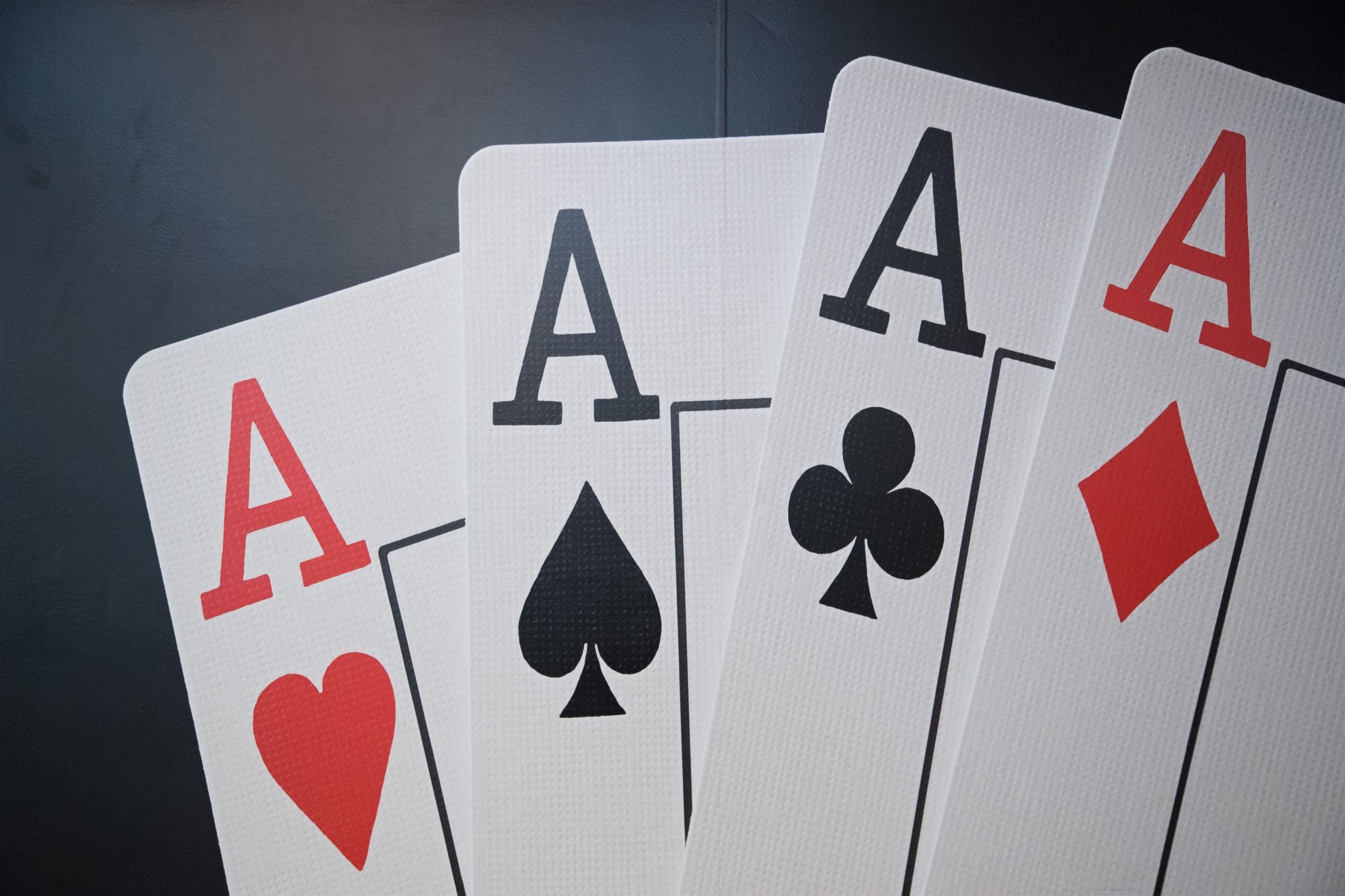Poker etiquette is an essential aspect of the game that every player should know. It involves a set of unwritten rules that govern how players should behave at the poker table. Following these rules not only ensures a smooth and enjoyable game but also shows respect for other players. In this article, we will discuss the dos and don’ts of poker etiquette that every player should be aware of.
The Importance of Proper Conduct: Poker Etiquette Tips
Poker is a game that requires skill, strategy, and a bit of luck. However, it’s not just about the cards you’re dealt or the moves you make. Proper conduct and etiquette are just as important when playing poker. Whether you’re a seasoned player or a beginner, it’s essential to know the dos and don’ts at the poker table.
First and foremost, respect your fellow players. This means avoiding any behavior that could be considered rude or disrespectful. Don’t talk loudly or use offensive language. Don’t insult or belittle other players, and don’t gloat or show off when you win a hand. Remember, poker is a game of skill, and everyone at the table deserves respect.
Another important aspect of poker etiquette is to keep the game moving. Don’t take too long to make your decisions, and don’t stall the game unnecessarily. If you need to take a break, let the dealer know, and don’t leave the table for an extended period. Also, don’t distract other players by talking on your phone or engaging in other activities while playing.
When it comes to handling your chips, be mindful of the other players. Don’t splash the pot or throw your chips into the middle of the table. Instead, place your bets neatly in front of you, and don’t touch your chips until it’s your turn to act. Also, don’t take chips off the table during the game, and don’t borrow chips from other players.
Another important rule of poker etiquette is to pay attention to the game. Don’t get distracted by other things going on around you, and don’t engage in side conversations while playing. Keep your focus on the game, and be aware of what’s happening at the table. This will help you make better decisions and avoid making mistakes.
When it comes to showing your cards, be careful not to reveal too much information. Don’t flash your cards to other players, and don’t discuss your hand with anyone until the game is over. Also, don’t reveal your cards if you’ve folded, as this could give other players an unfair advantage.
Finally, be gracious in both victory and defeat. If you win a hand, don’t rub it in the faces of the other players. Instead, be humble and gracious, and congratulate your opponents on a good game. If you lose a hand, don’t get angry or upset. Remember, it’s just a game, and there will be other opportunities to win.
In conclusion, proper conduct and etiquette are essential when playing poker. Respect your fellow players, keep the game moving, handle your chips carefully, pay attention to the game, and be gracious in both victory and defeat. By following these simple rules, you’ll not only improve your own game but also contribute to a more enjoyable and respectful atmosphere at the poker table.
Dos and Don’ts of Poker Table Manners
Proper poker etiquette is essential to ensure a fair and enjoyable game for everyone involved. Here are some dos and don’ts of poker table manners that every player should know.
Do: Respect the dealer
The dealer is the most important person at the poker table. They are responsible for shuffling and dealing the cards, as well as enforcing the rules of the game. It’s important to treat the dealer with respect and courtesy. Don’t blame them for bad luck or mistakes, and don’t argue with their decisions. Remember, the dealer is just doing their job.
Do: Pay attention
Poker requires concentration and focus. It’s important to pay attention to the game and not get distracted by your phone, other players, or anything else. Keep your eyes on the cards and the action, and don’t hold up the game by taking too long to make a decision. If you need to step away from the table, let the dealer know and wait until the hand is over before leaving.
Do: Keep your emotions in check
Poker can be a frustrating game, especially if you’re on a losing streak. However, it’s important to keep your emotions in check and not let them affect your behavior. Don’t get angry or upset if you lose a hand, and don’t gloat or taunt other players if you win. Remember, poker is a game of skill and luck, and everyone has good and bad days.
Don’t: Be rude or disrespectful
Poker is a social game, and it’s important to treat other players with respect and courtesy. Don’t use foul language or make derogatory comments, and don’t insult or belittle other players. Remember, everyone is there to have fun and enjoy the game.
Don’t: Cheat or collude
Cheating is never acceptable in poker. Don’t mark cards, steal chips, or engage in any other form of cheating. Similarly, don’t collude with other players to gain an unfair advantage. This includes sharing information about your cards or working together to beat other players. Remember, poker is a game of skill and strategy, and cheating undermines the integrity of the game.
Don’t: Slow roll
Slow rolling is a controversial tactic that involves taking a long time to reveal your winning hand. This is considered bad etiquette and can be seen as disrespectful to other players. If you have a winning hand, reveal it quickly and gracefully. Don’t drag out the process or try to make other players sweat.
In conclusion, proper poker etiquette is essential to ensure a fair and enjoyable game for everyone involved. Respect the dealer, pay attention, keep your emotions in check, and treat other players with respect and courtesy. Don’t cheat or collude, and don’t slow roll. By following these dos and don’ts of poker table manners, you can help create a positive and enjoyable poker experience for everyone.
Etiquette Mistakes to Avoid at the Poker Table
Poker is a game that requires skill, strategy, and a bit of luck. However, it’s not just about the cards you’re dealt or the moves you make. It’s also about how you conduct yourself at the poker table. Poker etiquette is an essential aspect of the game, and it’s crucial to know the dos and don’ts to avoid making any mistakes that could cost you the game or your reputation.
One of the most common etiquette mistakes at the poker table is talking too much. While it’s okay to engage in small talk, excessive chatter can be distracting and annoying to other players. It’s essential to keep your conversations brief and to the point, especially when it’s not your turn to act. Avoid discussing the hand or giving away any information that could benefit your opponents.
Another mistake to avoid is slow rolling. Slow rolling is when a player takes an unnecessarily long time to reveal their winning hand, usually to show off or taunt their opponents. This behavior is considered rude and disrespectful, and it’s essential to avoid it at all costs. When you have a winning hand, reveal it promptly and graciously.
Playing out of turn is another common etiquette mistake that can cause confusion and frustration at the poker table. It’s crucial to wait for your turn to act and not jump the gun. Playing out of turn can give away information about your hand and disrupt the flow of the game. It’s essential to pay attention to the action and wait for your turn to act.
Another mistake to avoid is splashing the pot. Splashing the pot is when a player throws their chips into the pot without stacking them neatly. This behavior can make it difficult for other players to count the pot and can cause confusion. It’s essential to stack your chips neatly and place them in front of you before adding them to the pot.
Using your phone at the poker table is another etiquette mistake to avoid. While it’s tempting to check your messages or browse social media, it’s essential to stay focused on the game. Using your phone can be distracting to other players and can give away information about your hand. It’s best to keep your phone in your pocket or bag and focus on the game.
Finally, it’s essential to be respectful to other players at the poker table. Avoid making derogatory comments or insulting other players. Remember that poker is a game of skill and strategy, and everyone is there to have fun. It’s crucial to treat other players with respect and dignity, even if you don’t agree with their playing style.
In conclusion, poker etiquette is an essential aspect of the game, and it’s crucial to know the dos and don’ts to avoid making any mistakes that could cost you the game or your reputation. Talking too much, slow rolling, playing out of turn, splashing the pot, using your phone, and being disrespectful to other players are all common etiquette mistakes to avoid. Remember to stay focused on the game, be respectful to other players, and have fun. By following these simple rules, you’ll be well on your way to becoming a respected and successful poker player.
Mastering Poker Etiquette: Tips for a Smooth Game
Do be respectful of other players. This means not interrupting them when they’re making a decision, not talking over them, and not being rude or aggressive. Remember that everyone is there to have fun and play the game, so don’t ruin it for others by being disrespectful.
Don’t be a sore loser. Losing is part of the game, and it’s important to accept it gracefully. Don’t throw a tantrum or blame others for your losses. Instead, take it as a learning experience and try to improve your game for next time.
Do pay attention to the game. It’s important to stay focused on the game and not get distracted by other things. This means not checking your phone, not talking to others about unrelated topics, and not getting up from the table unnecessarily. Paying attention to the game will help you make better decisions and improve your chances of winning.
Don’t cheat. Cheating is not only unethical, but it’s also against the rules of the game. Don’t try to sneak extra chips into the pot, peek at other players’ cards, or collude with other players. Cheating will not only ruin the game for others, but it will also damage your reputation as a player.
Do be courteous to the dealer. The dealer is an important part of the game, and it’s important to treat them with respect. This means not blaming them for bad cards or mistakes, not criticizing their decisions, and not being rude or aggressive towards them. Remember that the dealer is just doing their job, and they deserve to be treated with kindness and respect.
Don’t slow down the game. Poker is a game that requires a certain pace, and it’s important to keep the game moving smoothly. This means not taking too long to make decisions, not stalling the game, and not being indecisive. Remember that other players are waiting for their turn, and slowing down the game will only make it less enjoyable for everyone.
Do be mindful of your behavior. Your behavior at the poker table can have a big impact on the game and the other players. This means not being too loud or disruptive, not being too aggressive or confrontational, and not being too passive or timid. Remember that you’re there to have fun and play the game, so try to strike a balance between being competitive and being respectful.
In conclusion, mastering poker etiquette is an important part of becoming a successful poker player. By following these dos and don’ts, you can ensure that you’re conducting yourself in a respectful and courteous manner, and that you’re making the game enjoyable for everyone involved. Remember that poker is not just about the cards you’re dealt, but also about how you conduct yourself at the table. So, play your cards right, and be a good sport.
Poker etiquette is an essential aspect of the game that every player should adhere to. The dos and don’ts at the poker table are crucial in ensuring that the game runs smoothly and that all players have a fair chance of winning. Players should always be respectful, avoid distractions, and follow the rules of the game. By doing so, they can create a positive and enjoyable atmosphere for everyone at the table.





